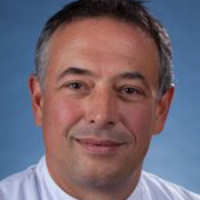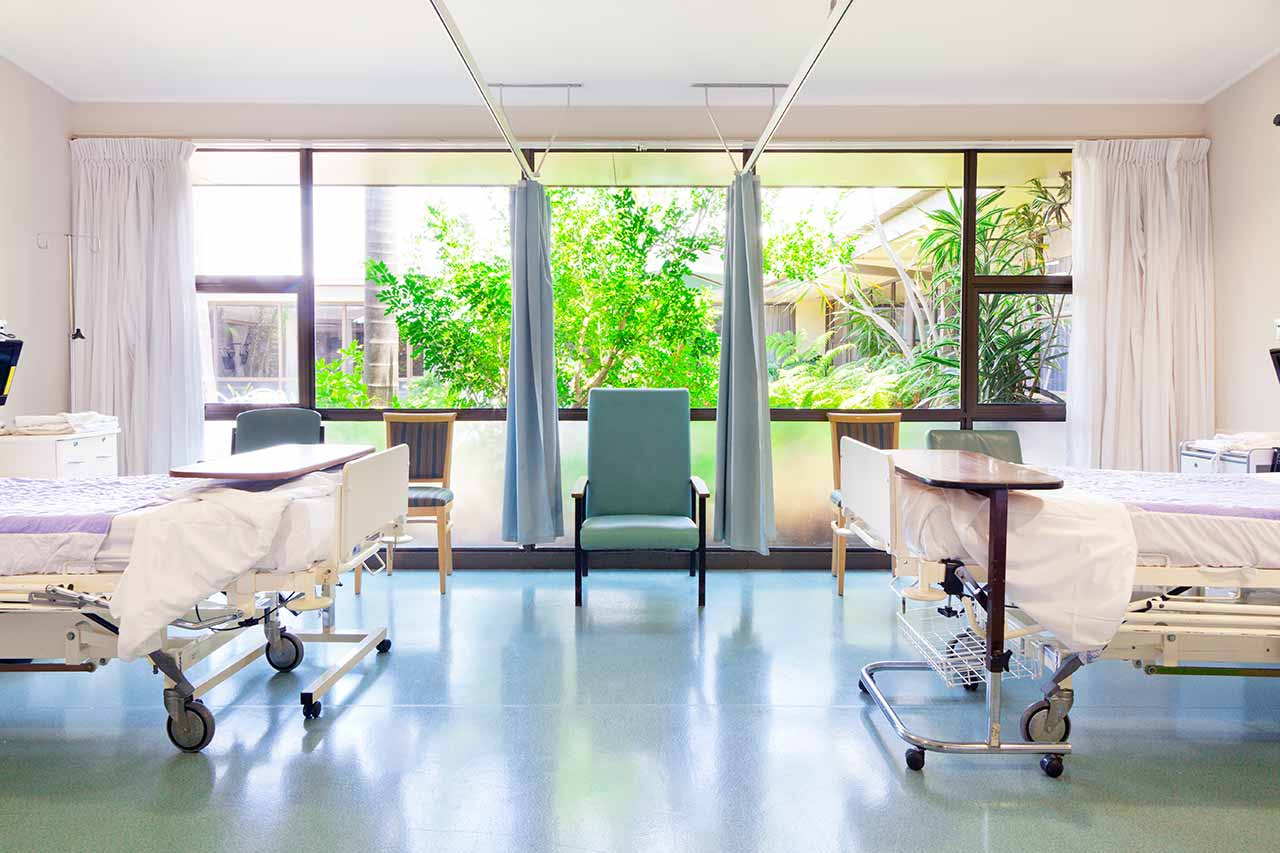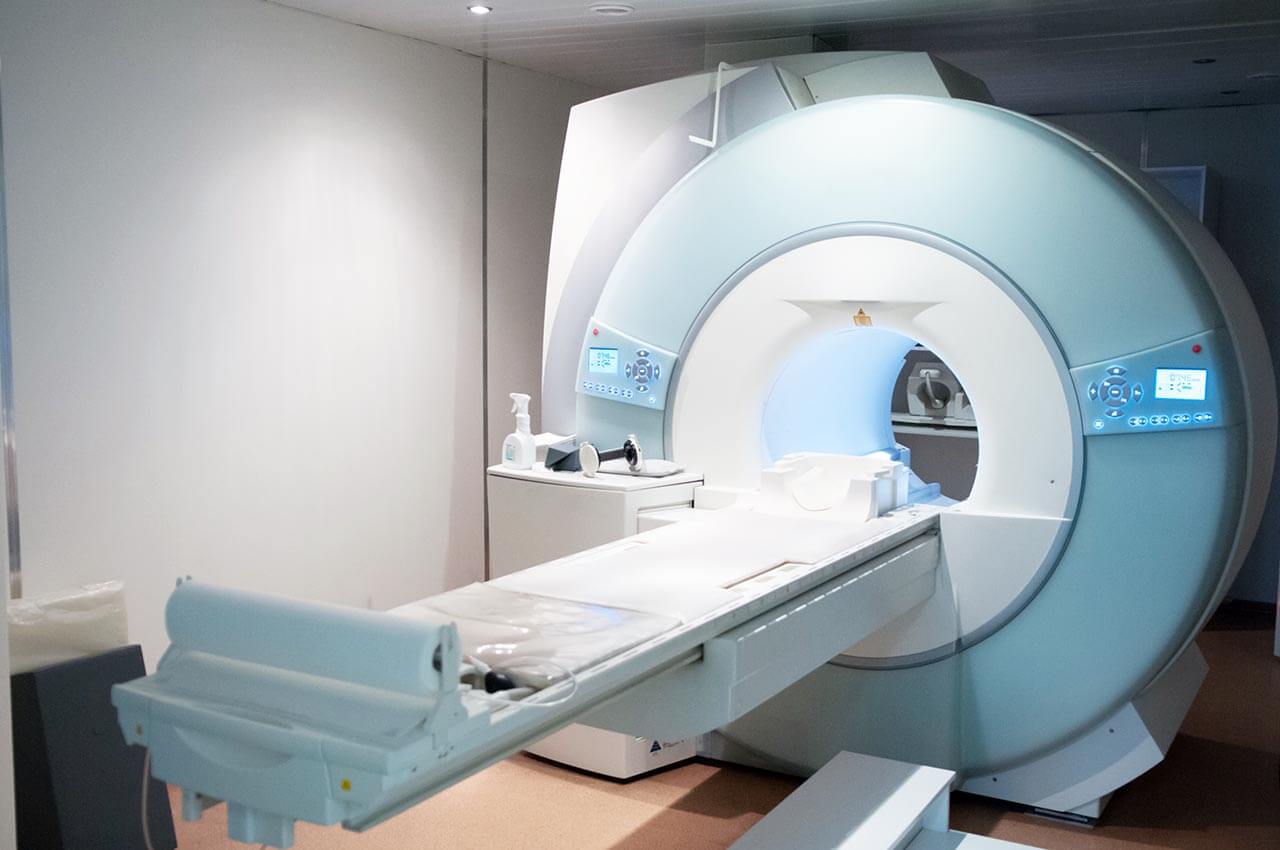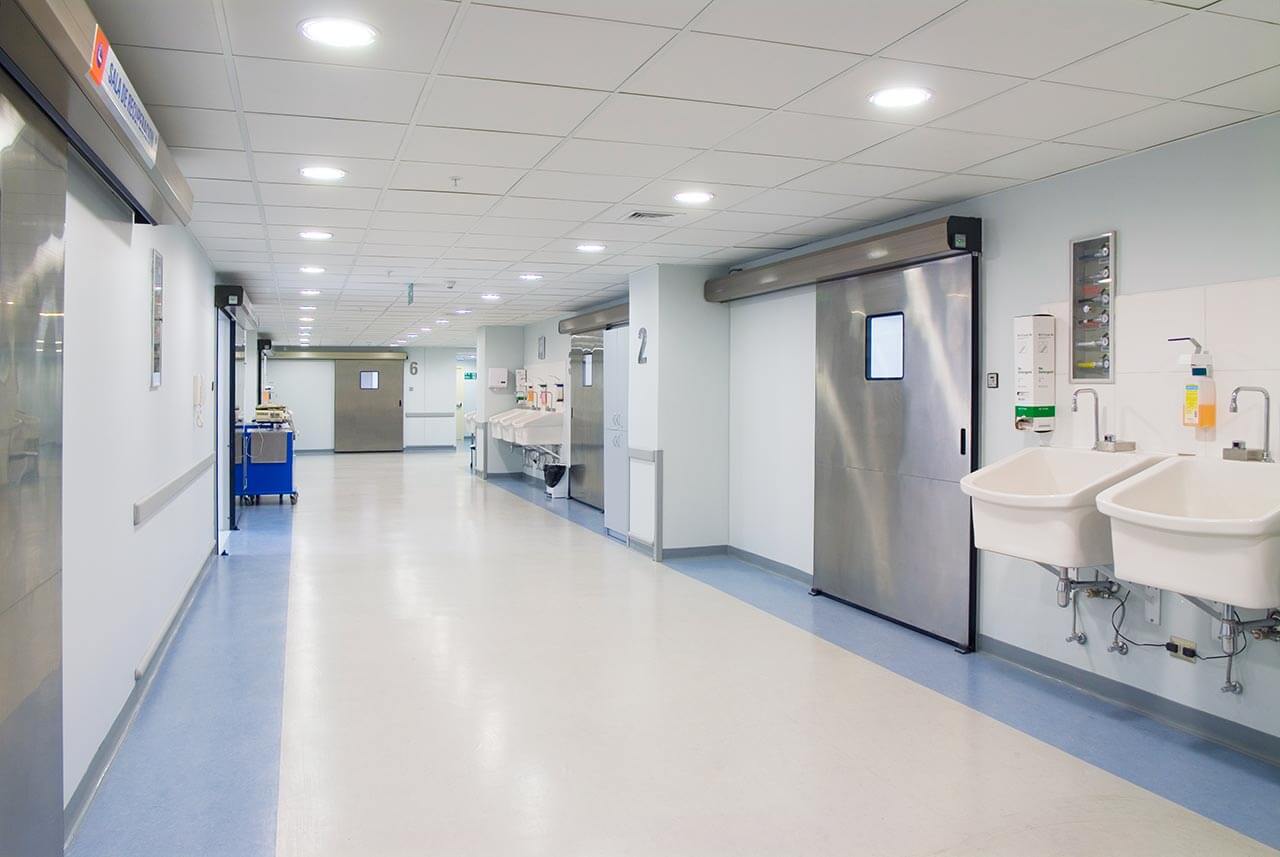
The program includes:
- Initial presentation in the clinic
- clinical history taking
- review of medical records
- physical examination
- laboratory tests:
- complete blood count
- biochemical analysis of blood
- inflammation indicators (CRP, ESR)
- indicators blood coagulation
- hormonal examination
- x-ray/ CT of the head
- otolaryngological examination
- preparation according to preoperative standard
- cleft lip and palate repair
- symptomatic treatment
- control examinations
- the cost of essential medicines and materials
- nursing services
- full hospital accommodation
- explanation of future recommendations
- written statement
Required documents
- Medical records
- Full face and profile photo
- X-ray examination of the facial skeleton (if available)
- Maxillofacial CT scan (if available)
Service
You may also book:
 BookingHealth Price from:
BookingHealth Price from:
About the department
The Department of Oral and Maxillofacial Surgery at the University Hospital Saarland Homburg provides the full range of diagnostic and therapeutic services to patients suffering from diseases of the oral cavity, jaw, face, and neck. One of the priorities of the department's surgeons is the resection of malignant oral and maxillofacial tumors. Patients with such cancers are treated in close cooperation with otolaryngologists within the specialized center certified by the German Cancer Society (DKG). The department also regularly admits patients with temporomandibular joint disorders, facial skeleton fractures and injuries, inflammatory processes in the maxillofacial region, cleft lip and palate, and other pathologies. The medical facility has several operating rooms with state-of-the-art equipment, thanks to which surgeons can perform operations of any degree of complexity. Special attention should be given to the outstanding professionalism of the department's medical team. The doctors at the medical facility guarantee not only high standards of medical care, but also high-quality care, a friendly attitude, and respect for the patient's individual needs and wishes. The department is headed by Prof. Dr. med. Dr. med. dent. Kolja Freier.
The department's surgeons work in the advanced operating rooms, where they annually perform many successful operations to treat benign and malignant oral and maxillofacial tumors. Of particular interest to the department's experts is the resection of malignant neoplasms of the oral cavity, facial skin, scalp, and salivary glands. Prior to surgery, a patient undergoes comprehensive diagnostics, which may include CT scans of the head and neck, so that oral and maxillofacial surgeons can obtain the necessary information on the particular type of tumor, its size, exact localization, involvement of lymph nodes, and other organs. At the preoperative stage, the necessary laboratory tests and instrumental examinations are also performed to assess the patient's general health condition and eliminate any surgical risks. The task of surgeons is complete tumor removal, followed by microvascular reconstruction of the tissues affected during surgical manipulations by transplanting skin, muscles, and bone tissues. 3D planning computer systems are widely used in the department, with the help of which surgeons can optimally plan the reconstructive stage of the intervention and provide the patient with an excellent functional and aesthetic result. After malignant maxillofacial tumor resection, patients often require radiation therapy and/or chemotherapy, the decision to conduct which is made at a tumor board together with highly specialized experts. After the course of treatment is completed, the patient is recommended to have regular check-ups, including CT or MRI scans.
The department's specialists also have unique professional skills in dysgnathia treatment. The pathology is a deformation of the jaw, which may provoke problems with chewing function and speech and also cause severe pain. Dysgnathia is often associated with aesthetic defects that affect a person's self-esteem and quality of life. The department uses two main approaches to the treatment of dysgnathia. The first one involves orthodontic treatment with fixed braces, followed by corrective surgery (osteotomy). The second treatment approach excludes pre-orthodontic treatment, so dysgnathia is eliminated only with surgery. The advantage of the second therapy option is that the treatment period is significantly reduced. However, in most cases, patients with dysgnathia have severe jaw curvatures, so they cannot do so without the help of an orthopedist. At the preparation stage for corrective osteotomy, a patient undergoes a digital 3D X-ray, on the basis of which a 3D computer system models the predicted result of the intervention. After the operation, the jaws are immobilized with tight rubber ligatures over the braces, and special splints can also be used. Depending on the severity of the clinical case, a hospital stay after corrective osteotomies is usually 3-7 days.
The department's surgical options are complemented by operations for temporomandibular joint dysfunction. At the early stages of the pathology, doctors successfully use conservative treatment methods, including the placement of special splints or caps, drug therapy with pills or intra-articular injections, physiotherapy, etc. The operation is a last-line treatment option and is prescribed only in the most complex clinical cases. The department's oral and maxillofacial surgeons usually perform temporomandibular joint surgery with low-traumatic arthroscopic techniques.
The department's key clinical activities include:
- Surgical treatment of benign and malignant oral and maxillofacial tumors with follow-up reconstructive plastic surgery
- Surgical treatment of cleft lip and palate and other oral and maxillofacial malformations
- Surgical treatment of facial bone diseases and injuries
- Surgical treatment of soft tissue traumatic injuries in the face and neck
- Surgical treatment of temporomandibular joint diseases
- Carrying out the necessary preparatory measures before placing dental implants
- Septic oral and maxillofacial surgery
- Dentoalveolar surgery: impacted tooth removal, dental implantation, bone augmentation, etc.
- Other surgical services
Curriculum vitae
Kolja Freier studied Medicine and Dentistry at the University of Heidelberg. After receiving Doctoral Degree in both subjects, he wrote a scientific paper in Oncology (two-year scientific internship at the Faculty of Medicine at the German Cancer Research Center in Heidelberg (since 2005)). In 2008, the doctor had his habilitation at the Heidelberg University. The subject of the habilitation paper: "About the importance of high-performance procedures in the diagnostics and treatment of squamous cell carcinoma of the oral cavity". Then the doctor received Venia legendi in Oral and Maxillofacial Surgery.
Of particular research interest to Prof. Kolja Freier is the detection and evaluation of molecular markers for the determination of prognosis in malignant diseases of the jaw and face. He was also the initiator of the prospective clinical researches for the evaluation of complex reconstructive procedures in oral and maxillofacial surgery. In particular, his scientific activities are aimed at the introduction into clinical practice and further development of flap microvascular plastic surgery to correct extensive defects of the facial skeleton after tumor removal, injuries or treatment of congenital malformations.
Dr. Freier has been heading the Department of Oral and Maxillofacial Surgery at the University Hospital Saarland Homburg since 1 January 2019.
Photo of the doctor: (c) Universitätsklinikum des Saarlandes
About hospital
The University Hospital Saarland Homburg is the largest hospital in the city of Homburg and the most important medical facility in the region. The hospital, which currently has 30 specialized departments and 20 institutes, was founded in 1947 and operates on the basis of Saarland University. The hospital plays a leading role in medical education, research, and medical care both in the state of Saarland and throughout Germany. With vast experience in serving foreign patients, the medical facility is also widely known in the international medical arena.
The pride of the hospital is state-of-the-art equipment that allows the doctors to perform high-precision comprehensive diagnostics and the most sparing treatment even if a patient has a severe pathology. Patients are offered innovative medicine based on the very latest scientific achievements. At the same time, the hospital offers many therapeutic methods that are used only in leading medical centers in Europe, including da Vinci robot-assisted surgery, CAR T-cell therapy, TAVI and MitraClip catheter-based procedures, innovative laser procedures, etc. Great importance is paid to ethical and social competence. The hospital is constantly improving the work of its medical personnel and infrastructure to provide medical services that meet the highest standards.
As a multidisciplinary medical complex, the hospital offers highly effective treatment of the full range of common diseases as well as rare and severe pathologies. The efforts of the medical staff, which includes over 600 doctors and 2,000 nurses, are focused on the patient and their unique needs and desires. The doctors always devote enough time to personal communication with their patients, provide them with moral support, and are sympathetic to every life situation.
Photo: (с) depositphotos
Accommodation in hospital
Patients rooms
The patients of the University Hospital Saarland Homburg live in comfortable single, double, and triple patient rooms with a modern design. Each room is equipped with an ensuite bathroom with a shower and a toilet, as well as everything else necessary: a comfortable bed, a bedside table, a TV, and a telephone. In addition, enhanced-comfort rooms and specially equipped rooms for people with disabilities are available for the patients.
Meals and Menus
The hospital offers healthy and delicious meals three times a day: buffet breakfast, dinner with a wide choice of dishes for every taste, and a light supper. The menu features dietary and vegetarian dishes. There is also a cafeteria on the territory where one can taste delicious dishes and have a cup of coffee, tea, or some refreshing drinks
Further details
The standard patient rooms include:
Religion
The hospital regularly hosts catholic and evangelical devine services. The services of representatives of other religions are available upon request.
Accompanying person
During an inpatient program, an accompanying person can stay with you in the patient room or in a hotel of your choice.
Hotel
During an outpatient program, you can stay in a hotel of your choice. The managers will help you choose the most suitable options.





